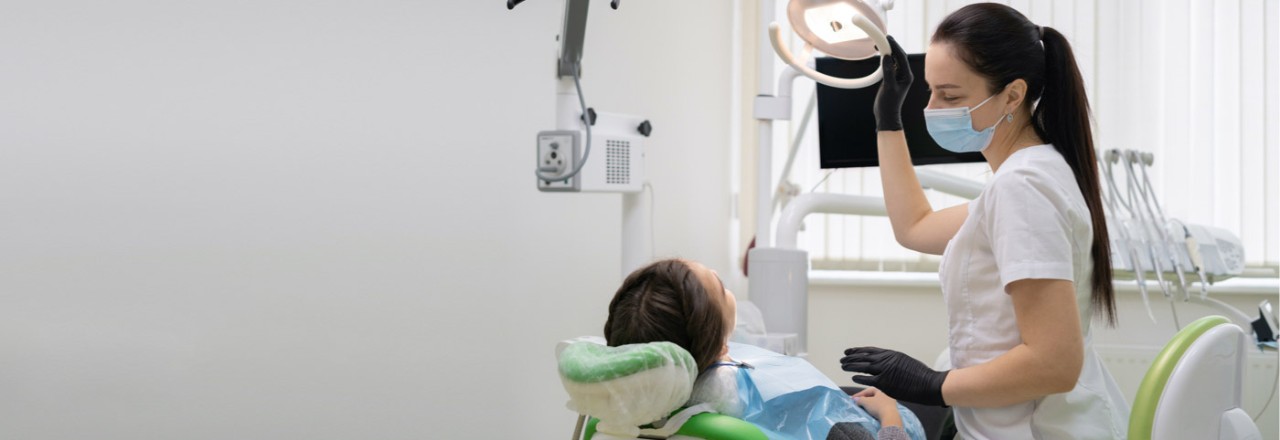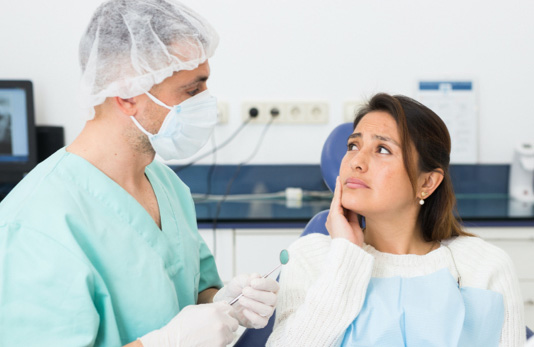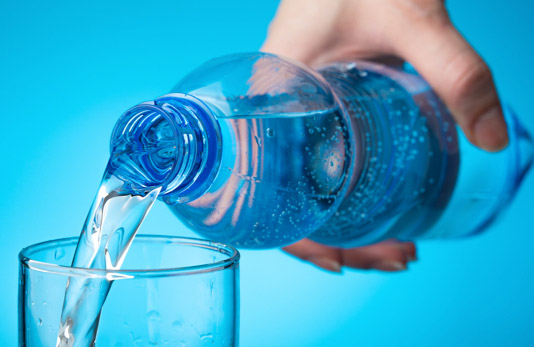Handling dental emergencies

What's the best way to take care of dental emergencies? Calmly and quickly.
If a dental emergency occurs, try to stay calm and call your dentist as soon as possible. Trauma to the mouth and teeth may be reduced if action is taken immediately.
Toothache
If you have a toothache, gently clean the painful area using a soft-bristle toothbrush and floss. Rinse your mouth with warm salt water.
Avoid placing aspirin on the gums or tooth, as this may cause a burn. If you experience facial swelling, apply a cold compress to the area for relief. Take acetaminophen (for example, Tylenol®) and call your dentist as soon as possible.
Knocked-out tooth
If a tooth is knocked out completely, call your dentist immediately. Getting care within an hour of the incident is vital to re-implanting the tooth and getting your smile back on track.
Follow these steps before your emergency appointment:
- Recover the lost tooth
- Gently rinse away debris with water. (Do not scrub the tooth, as this may damage the fragile cells on the tooth’s root that are needed to implant the tooth back into the jaw bone.)
- Transport the tooth by placing it between your cheek and gums, or wrap it in a clean cloth or gauze soaked in milk or saline (salt water) solution. Keeping the tooth moist can increase the chance of re-implantation.
Loosened tooth
If your tooth is pushed inward or outward, try to reposition it using the tip of your finger to apply very light pressure. (Do not force the tooth into its socket.)
Contact your dentist as soon as possible. On the way to the dental office, stabilize the tooth and hold it in place with a moist tissue or gauze.
Chipped or fractured tooth
Chipped or fractured teeth can sometimes be repaired with prompt dental care. If you chip or fracture a tooth:
- Contact your dentist right away.
- If the tooth is chipped, try to find the missing piece and place it in a moist cloth or baggie with a few drops of water or saliva. (If kept in good condition, it may be possible to reattach it.)
- Rinse your mouth with warm water and keep it clean until you reach the dentist. Treatment will vary depending on the severity of the damage – from smoothing out a chipped area to bonding with a tooth-colored material or placing a crown on the tooth. If there has been damage to the tooth's nerve, root canal therapy may be necessary as well.
Soft tissue injury
- If your tongue, lips or cheeks are bitten, cut or punctured, there may be bleeding. To stop blood flow, apply firm pressure to the injured area with gauze or a clean cloth. If the bleeding does not stop within 15 minutes, contact your dentist or physician immediately. Stitches may be necessary to close the wound.
- If there is no bleeding, soak a piece of gauze or a clean cloth in warm water and gently clean the affected area. Apply an ice compress. If pain or swelling do not subside, contact your dentist for further instructions.
Be prepared
To help prepare for dental emergencies, consider keeping a dental emergency kit on hand, one that includes a handkerchief, gauze, small container with a lid, saline solution, water and your dentist’s phone number.
When faced with any dental emergency, don't hesitate to call your dentist. Keeping calm and getting prompt professional care are the best things you can do.
Last updated February 7, 2022
Related articles:
The oral health information on this website is intended for educational purposes only. Always consult a licensed dentist or other qualified health care professional for any questions concerning your oral health.


